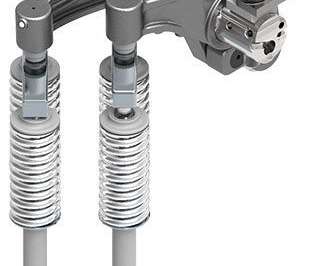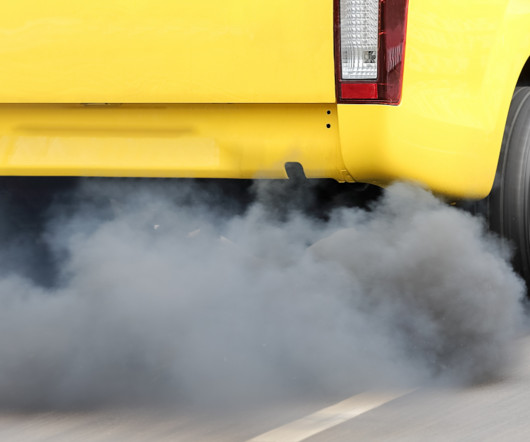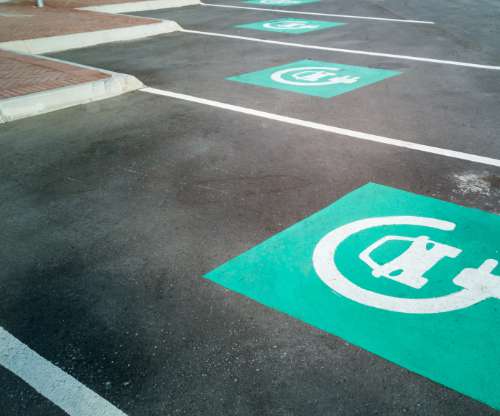Eaton expands valvetrain portfolio for off-highway vehicles to help reduce CO2 and NOx
Green Car Congress
MARCH 9, 2020
Power management company Eaton has expanded its portfolio of valvetrain solutions for diesel off-highway vehicles to help OEMs reduce emissions and improve fuel economy. This technology enables precise valve lift control through HLA, coupled with engine braking capability, which in turn helps reduce emissions and improve fuel economy.































Let's personalize your content